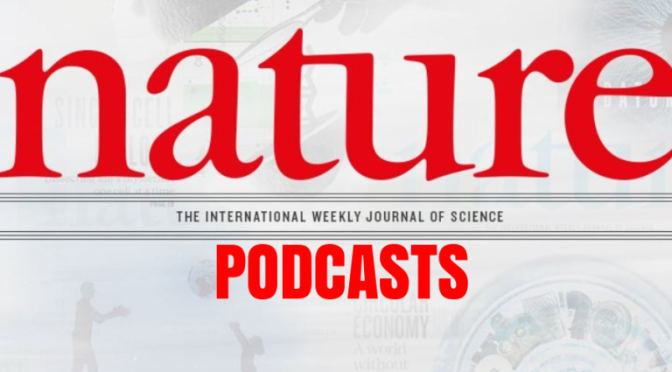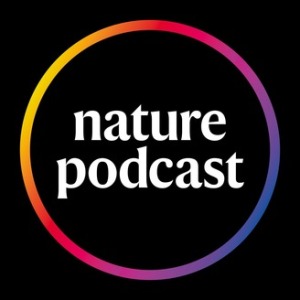
A high pressure experiment reveals the world’s first room-temperature superconductor, and a method to target ecosystem restoration.
In this episode:
00:44 Room-temperature superconductivity
For decades, scientists have been searching for a material that superconducts at room temperature. This week, researchers show a material that appears to do so, but only under pressures close to those at the centre of the planet. Research Article: Snider et al.; News: First room-temperature superconductor puzzles physicists
08:26 Coronapod
The Coronapod team revisit mask-use. Does public use really control the virus? And how much evidence is enough to turn the tide on this ongoing debate? News Feature: Face masks: what the data say
19:37 Research Highlights
A new method provides 3D printed materials with some flexibility, and why an honest post to Facebook may do you some good. Research Highlight: A promising 3D-printing method gets flexible; Research Highlight: Why Facebook users might want to show their true colours
22:11 The best way to restore ecosystems
Restoring degraded or human-utilised landscapes could help fight climate change and protect biodiversity. However, there are multiple costs and benefits that need to be balanced. Researchers hope a newly developed algorithm will help harmonise these factors and show the best locations to target restoration. Research Article: Strassburg et al.; News and Views: Prioritizing where to restore Earth’s ecosystems
28:40 Briefing Chat
We discuss some highlights from the Nature Briefing. This time, a 44 year speed record for solving a maths problem is beaten… just, and an ancient set of tracks show a mysterious journey. Quanta: Computer Scientists Break Traveling Salesperson Record; The Conversation: Fossil footprints: the fascinating story behind the longest known prehistoric journey




 In 2015, after a nine-and-a-half-year journey, NASA’s New Horizons spacecraft raced past Pluto, beaming images of the dwarf planet back to Earth.
In 2015, after a nine-and-a-half-year journey, NASA’s New Horizons spacecraft raced past Pluto, beaming images of the dwarf planet back to Earth.